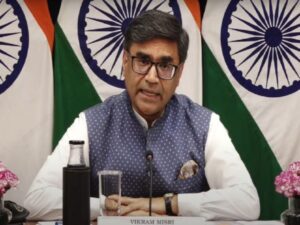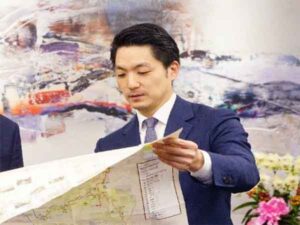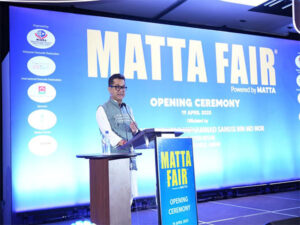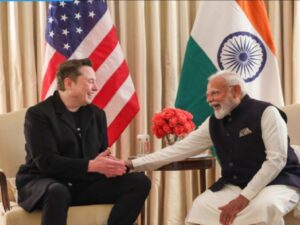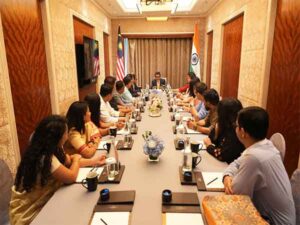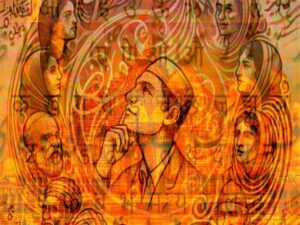Interethnic harmony, unity important for building nation, says Kazakh State Counsellor
Astana [Kazakhstan], April 28 (ANI): Kazakh President Kassym-Jomart Tokayev in his recent address at the 32nd Assembly of People of Kazakhstan (APK) session showed the importance of interethnic harmony and unity for building a nation, wrote State Counsellor Erlan Karin on his Telegram channel after the APK’S April 27 plenary session, The Astana Times reported.
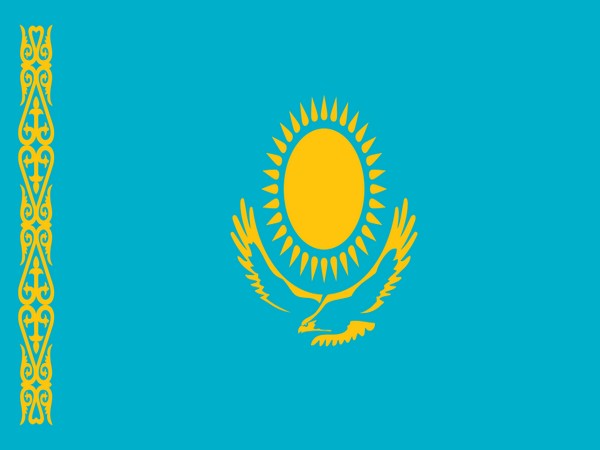
The State Counsellor noted that the main message of Tokayev’s address is the formation of national identity in a natural and historical way based on the socio-political, economic, and spiritual community. Karin quoted the President’s remarks that all citizens feel like an integral part of a large and united Kazakh nation where each ethnic group makes its invaluable contribution to strengthening friendship, harmony, and concord.
He noted the president’s reference to the country’s symbols of national identity, such as Kazakhstan’s turquoise passport which means all citizens are equal and protected by the state.
The Astana Times quoted the State Counsellor saying that the President mentioned Kazakhstan’s sky-blue flag, which, according to Tokayev, embodies the country’s independence and centuries-old statehood.
In over 30 years since its independence, Kazakhstan has worked diligently to build an inclusive society that promotes ethnic dialogue and harmony. The Assembly of the People of Kazakhstan plays an important role in this.
The policy is being maintained and developed by the country’s President Kassym-Jomart Tokayev and Kazakhstan’s government.
The country’s multicultural society is made up of approximately 19 million people who represent over 100 ethnic groups and 18 religious denominations. All ethnic groups hold a single civil and social status in Kazakhstan.
Kazakhstan has over 3,000 religious organisations which all operate free from government interference.
The country’s latest census (2021) showed that the ethnic structure of Kazakh society is approximately 70 per cent Kazakh and 16 per cent Russian. Other groups include Ukrainians, Uzbeks, Germans, Tatars, Chechens, Ingush, Uyghurs, Koreans and Turks, according to the factsheet on ethnic and religious relations in Kazakhstan and the role of the Assembly of the People of Kazakhstan.
Though the country’s largest religious grouping is Islam, followers of all faiths live in harmony with each other, safeguarded by the Constitution of Kazakhstan which guarantees the right and freedom to choose one’s own religion or belief of any kind.

